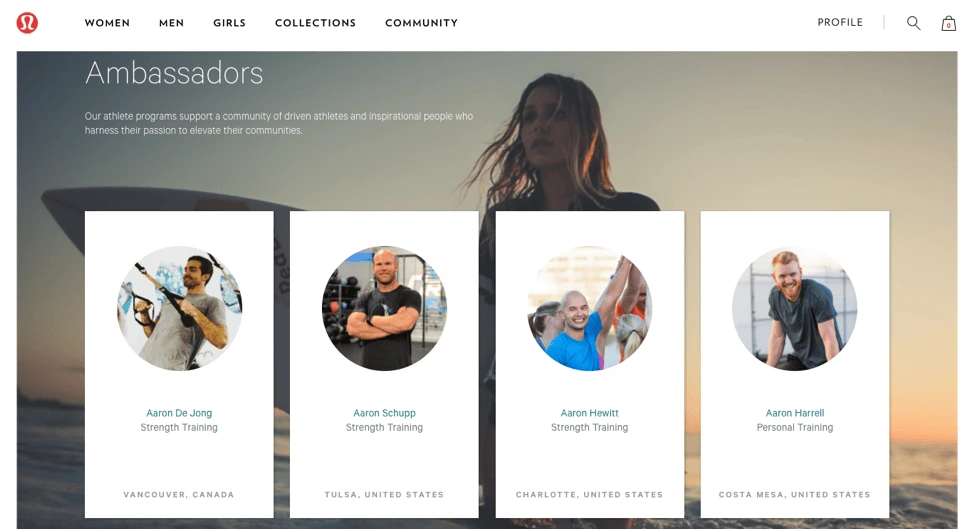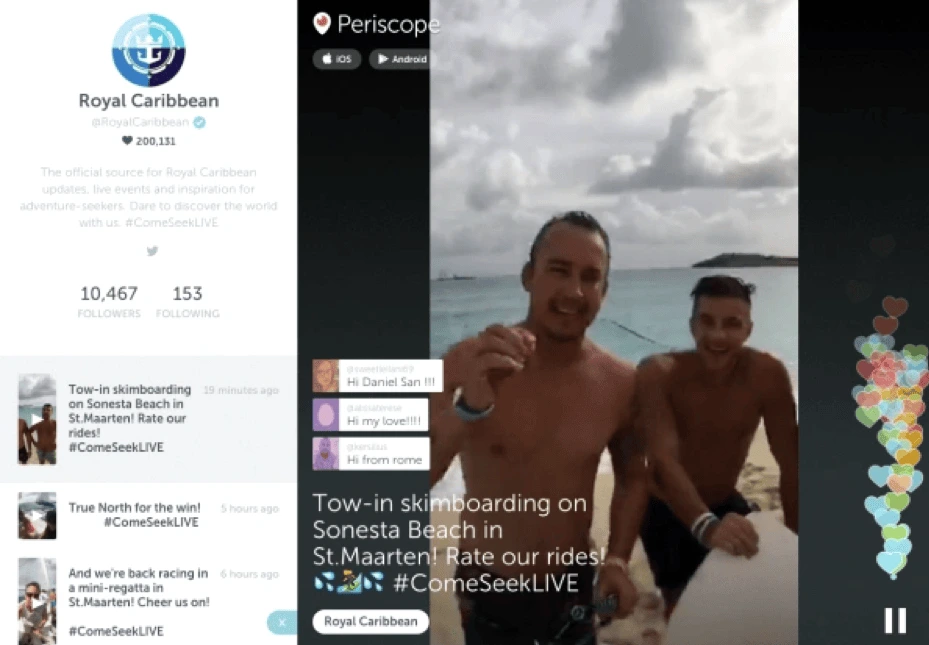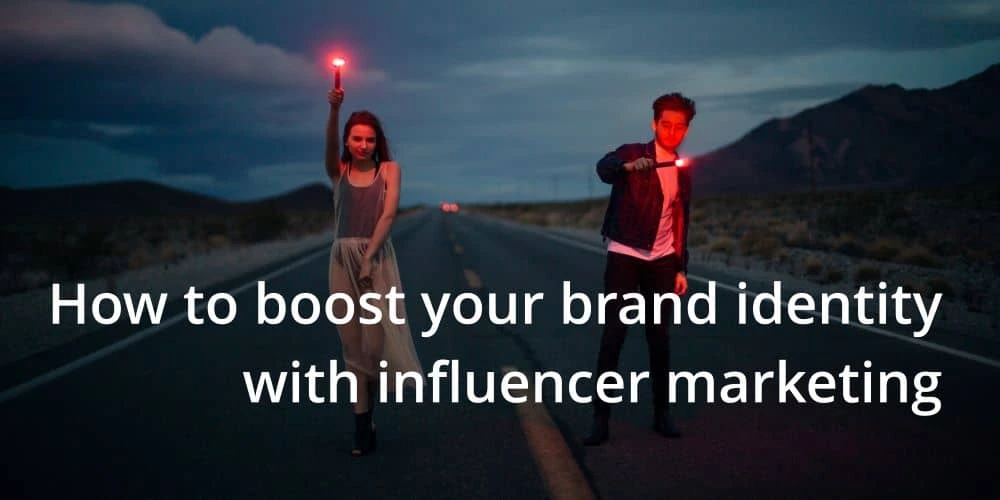Jeff Bezos once said, “Your brand is what other people say about you when you’re not in the room.”
Your brand identity is the essence of your brand. It’s who you are, what you do, and how people describe your brand, based on the way you make them feel.
Related: 5 content tactics to ignite brand engagement with millennials
The problem is, people don’t always trust brands. They inherently don’t believe the identity you’re selling them is who you really are. That’s why you need to reach out to relevant influencers to validate the brand identity you’ve built.
Influencers reflect your brand identity
Just as you use a consistent voice and imagery across your content, the way influencers talk about your brand should sound like they are talking about the same person.
If multiple friends shared posts about a single friend online, you’d be able to tell who that person is. Likewise, when multiple influencers share posts about your brand, your brand identity should be clear.
When a person zooms out and views your various influencers as a group, the picture should make sense. Maybe they are all in the same age group, from the same city, or share a similar interest.
The most basic influencer marketing program would have a Venn diagram with one thing in the middle that all the influencers share. However, as your influencer marketing program grows and matures, you can envision several chains of interconnected circles that all tie together.
Lululemon’s ambassador program includes a diverse group of individuals from foodies to snowboarders to dance instructors, but they all share one thing in common: a life devoted to being fit.

Work with the right influencers
You know the saying, “You can tell a lot about a person by the company they keep”? The same goes for brands. None of your influencer choices should seem jarring to someone who heard about you from another influencer.
That’s why it’s critical to do your research up front. This keeps you from running into problems of discrepancy; if you sell business software, it will come off as insincere—or worse, desperate—if you have a fashion blogger chatting you up. Your influencer’s personality and niche should match, or at least mesh with your brand, as someone you would associate with.
If your brand was a person, would they run in the same social circles as your influencer? Even if they might not do everything together, it makes sense for a fitness vlogger to promote a pet-sitting service if they regularly travel to weightlifting competitions.
Align your brand with specific types of influencers
If your brand is suffering from a case of poor brand identity, one way to fix that is strategically partnering with a targeted set of influencers. Of course, these influencers should overlap with your customer audience, and their values should jibe with your brand’s. But, a focused campaign can help your brand become known as “that one all the [fill-in-the-blank] bloggers love.”
This is a good strategy for breaking into a new niche or vertical. If your product is extremely specific, this strategy can work wonders. Your association with a niche set of influencers will quickly spread your name among potential customers and solidify your legitimacy within the community.
Take Royal Caribbean for example. Cruises have traditionally been viewed as a travel option for the over-50 age set. The cruise line wanted to attract more millennials, so they partnered with Periscoping travel bloggers via an influencer livestream campaign.

Give influencers what they need
The better that influencers understand your goals, as well as the ins and outs of your service, the better they can promote you. Give them what they need to understand your product. Then, they can create promotional content that feels authentic, rather than a one-size-fits-all sales pitch slapped on a pretty picture. You can guess which one is more effective.
Use influencers to make your brand real. Ask them to highlight how your free sample felt personalized to their needs or was delivered in a special way. Suggest that they talk about how your product solved a specific problem for them, or request that they mention an employee they spoke with at a store or over the phone.
Just as the laughs you share with a new friend help your relationship blossom, these little details are what shape a consumer’s relationship with your brand.
Key takeaway
The great thing about brand identity is that the more people talk about it, the stronger it becomes. [![]() ] And when those people are influencers, it becomes stronger even faster. If you have a solid brand identity, it might be time to find influencers who can help you drive awareness and adoption.
] And when those people are influencers, it becomes stronger even faster. If you have a solid brand identity, it might be time to find influencers who can help you drive awareness and adoption.



